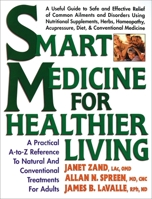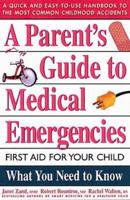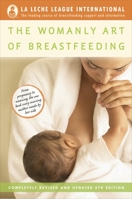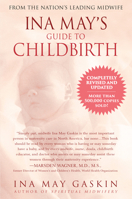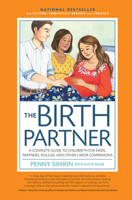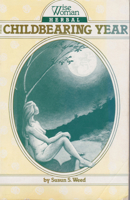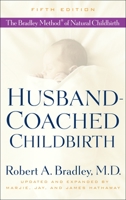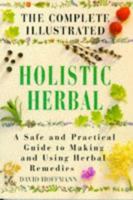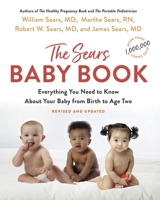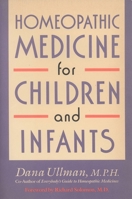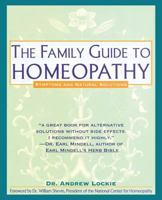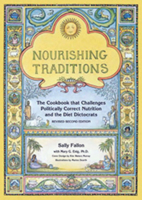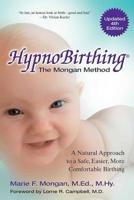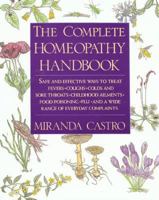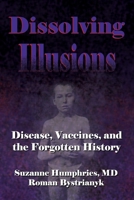Smart Medicine for a Healthier Child
Select Format
Select Condition 
Book Overview
You Might Also Enjoy
Customer Reviews
Rated 5 starsI buy this over and over for new moms.
Best book ever for a wide variety of approaches to common child health events. LOVE THIS BOOK. I have 7 kids and keep using it. I've given it countless times to new moms. Buy it.
0Report
Rated 5 starsa treasure: still using it after 6 years
I bought this great book when my 6-year-old son was a baby, and I still turn to it whenever he's not feeling well...and sometimes when the adults in the family aren't feeling well. Here are 2 of the most valuable things about it:1) It is very easy to navigate and has many lists of symptoms that help you identify what illness you're probably dealing with. For example, there is a table of different rashes by symptom. The...
1Report
Rated 5 starsBe your child's BEST health advocate with this awesome book!
Written by a medical doctor, a naturopath and a pediatric nurse, this comprehensive A-to-Z quick reference guide gives you what you need, when you need it, without having to waste any time wading through all the fluff. At-a-glance options for the most common childhood ailments are provided, along with a guide to common symptoms, dosage guidelines for herbs and nutritional supplements and of course the huge yet easy to navigate...
0Report
Rated 5 starsWell thumbed and used
Being an RN, I thought I was prepared to care for my own children--little did I know. When faced with a fever at 0300, it is reassuring to have a sane voice that might save you a trip to the emergency room. I use this book constantly for my own household and to give recommendations to friends who call me about their children. I have just one complaint--wish it came in a small, travel-sized version. It gets heavy...
0Report
Rated 5 starsBest book out of 3 shelves of health care books
Absolutely fantastic, must-have book! I have over 7 years of experience using holistic medicine for my family and 3 bursting shelves of health-care books. Whenever anyone in the family is sick, this is the first book pulled out for reference. I've given it to 5 mothers-to-be as baby shower presents, and whether they use conventional medicine or alternative medicine, they always rave about how much this book has helped...
0Report















